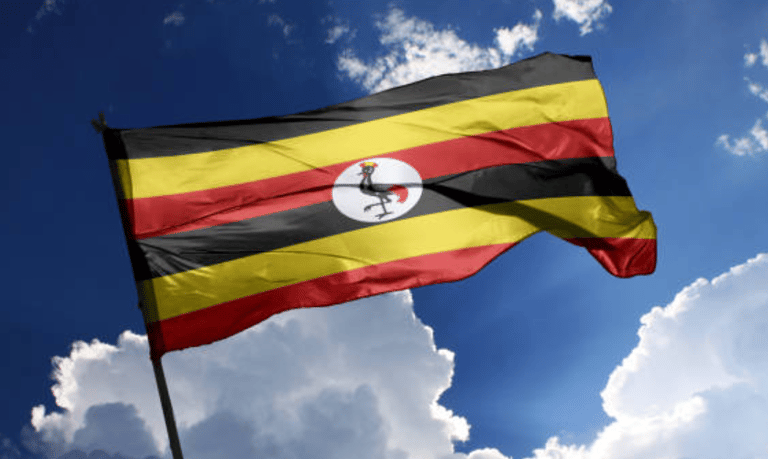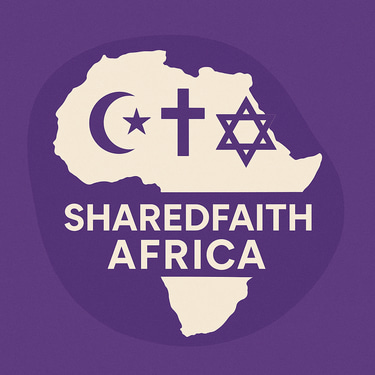Uganda (Acholiland): Religious leaders who turned courage into a process
POST-CONFLICT HEALING


Takeaway: Peace becomes possible when trusted voices refuse indifference, pair modern amnesty with traditional reconciliation, and give communities a process that outlasts the gunfire.
Northern Uganda lived with the LRA war for years. Families scattered. Children were taken. Market days felt risky. In 1997, senior clerics in Gulu and Kitgum decided that staying quiet would only stretch the harm. They formed the Acholi Religious Leaders Peace Initiative (ARLPI), inaugurated in February 1998, to give people a standing voice for dialogue, protection, and, eventually, reconciliation.
From the start, ARLPI was deliberately broad. Catholic, Anglican, Muslim, Orthodox, Pentecostal, and Seventh‑day Adventist leaders sat at the same table so Friday sermons, Sunday homilies, parish councils, mosque talks, and youth groups could carry the same message: hold back, not out. Early officers mirrored that mix—Rt. Rev. Macleod Baker Ochola as chair, Archbishop John Baptist Odama as vice chair, Sheikh Musa Khalil as treasurer. Their motto in Acholi, Kacel pi Kuc—“Together for Peace”—was less a slogan than a plan.
What did that look like while gunfire kept puncturing the night? Local dialogues in trading centers. Visits to roadblocks and barracks to press commanders to reduce abuses. Quiet channels so civilians could move, report, and return without drawing fire. A detailed Conciliation Resources study describes methods designed for a landscape where danger came from both the LRA and state forces. The goal was practical and, frankly, modest: keep neighbors talking; keep retaliation from hardening; keep abducted children and the displaced visible to anyone who could help.
ARLPI also took a position that, at the time, was contested. It argued for amnesty for LRA members who laid down arms, saying communities needed tools for demobilization and reintegration more than court cases that would never reach the bush. That advocacy fed the debate around Uganda’s 2000 Amnesty Act. Critics worried amnesty might blunt accountability; supporters countered that returns saved lives and gave families someone to welcome home. Both can be true. ARLPI’s bet appears to have been that a faster path back would lower the temperature for revenge.
Traditional justice was the bridge. ARLPI lifted up Mato Oput, an Acholi process that requires admitting wrong, accepting responsibility, and sharing a bitter herb in a public ritual. Researchers who watched ceremonies emphasize that it is not a shortcut. There are witnesses. There are obligations after the song ends—compensation, renewed social ties, community oversight. By placing modern amnesty beside an older reconciliation practice, ARLPI offered something people recognized as fair enough to try.
As momentum for talks built in 2006, ARLPI members worked the phones and the roads. Scholars note their behind‑the‑scenes persuasion of officials to accept negotiations and their shuttle work as Southern Sudan’s leadership opened the Juba talks in July 2006. Reporting from the time captured the fragile hope that the war might finally bend toward settlement.
Recognition did come, but only after years of unglamorous labor. In May 2004, the Niwano Peace Foundation awarded ARLPI its 21st Peace Prize—the first time an African organization received it—for defending human rights and building coexistence amid an active conflict. That citation mattered less as prestige and more as a message to frightened families: the world could see that a multifaith effort in Acholiland was creating options beyond the gun.
None of this ended the LRA war on its own. It likely wasn’t meant to. ARLPI’s record shows something steadier. When fear made neighbors suspicious, they kept showing up together. When policy defaulted to force, they insisted on paths for return and repair. And when indifference would have been easy, they made it harder to ignore the people standing in the conflict’s path.
Sources (selection)
ARLPI formation and inauguration (1997; Feb 1998): Arelpi
Membership breadth, early leadership, motto “Kacel pi Kuc”: URI; Beyond Intractability
Field methods during conflict; engagement under risk: Conciliation Resources
Amnesty advocacy and 2000 Amnesty Act context: Beyond Intractability; ACCORD
Traditional justice (Mato Oput): Beyond Intractability; African Law Reporter
Role in opening space for talks; Juba process (July 2006): Oxford Academic; The New Humanitarian
Niwano Peace Prize 2004; first African organization to receive it: Niwano Peace Foundation; The Christian Century; nointervention.com


